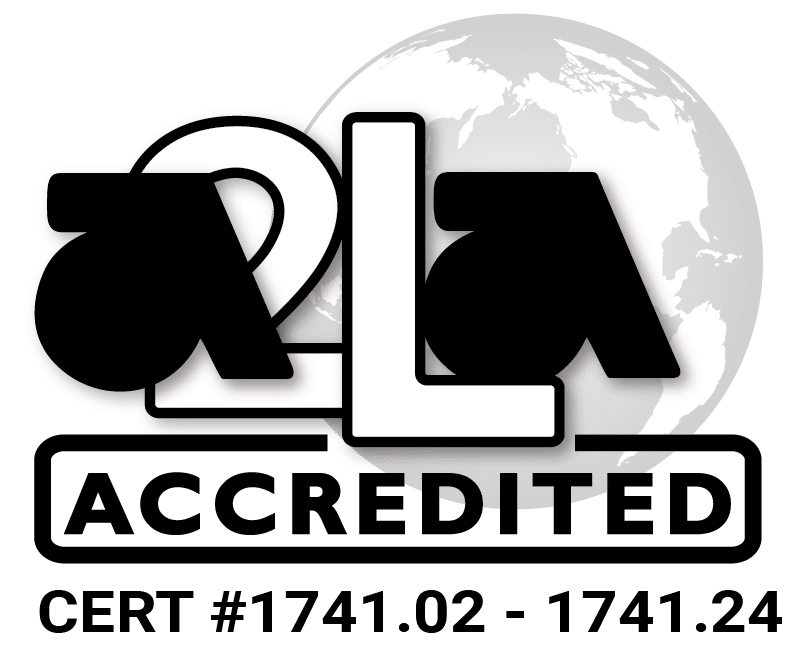Metrology Glossary: Pressure Transmitter
What Is A Pressure Transmitter?
A pressure transmitter is a device engineered to precisely assess the pressure levels within a fluid, liquid, or gas. Its primary function involves converting these pressure measurements into an electrical signal, allowing for integration with monitoring systems or other connected devices. This role in industrial applications ensures the accurate and real-time monitoring of pressure-related variables, contributing to process control and system safety. By effectively transducing physical pressure into an electrical counterpart, pressure transmitters play a vital role in various industries.
What Are Pressure Transmitters Used For?
Process Control and Monitoring:
- Oil and Gas: Pressure transmitters ensure safe and efficient oil and gas operations by monitoring pipeline and wellhead pressure, as well as fluid levels in tanks.
- Chemical Industry: Precision pressure control is crucial in chemical processes. Transmitters contribute to maintaining optimal conditions, preventing accidents, and preserving product quality.
- Energy Industry: Pressure transmitters play a vital role in power generation, overseeing boiler and steam turbine pressure, as well as water levels, to safeguard equipment and ensure efficient energy production.
Safety and Environmental Protection:
- Building Automation: Pressure transmitters are essential for monitoring systems such as sprinklers and HVAC, ensuring a quick response to emergencies and maintaining comfortable building environments.
- Environmental Monitoring: Pressure transmitters are indispensable in environmental protection, overseeing air and water pressure to maintain ecological balance.
- Food and Beverage: In food processing, pressure transmitters guarantee proper pressure in equipment, ensuring product safety and high-quality standards.
Level Measurement and Flow Rate Calculation:
- Inventory Management: Pressure transmitters facilitate efficient inventory management by monitoring liquid levels, enabling accurate tracking and optimized resource allocation.
- Irrigation Systems: Pressure transmitters in agriculture monitor water pressure, promoting efficient water usage and optimal crop growth.
- Oil and Gas Exploration: Pressure transmitters aid oil and gas exploration by measuring pressure in seismic equipment, helping geologists locate potential hydrocarbon deposits.

Related Terms
A pressure transducer is a device designed to transform physical pressure into an electrical signal....
A pressure relief valve (PRV) plays a crucial role in ensuring the safety and integrity of hydraulic systems. Its primary purpose is to maintain the system pressure within a designated...
A pressure gauge is an instrument designed to quantify the force exerted on a surface in relation to the surface’s area by a fluid. There are two primary types of...






